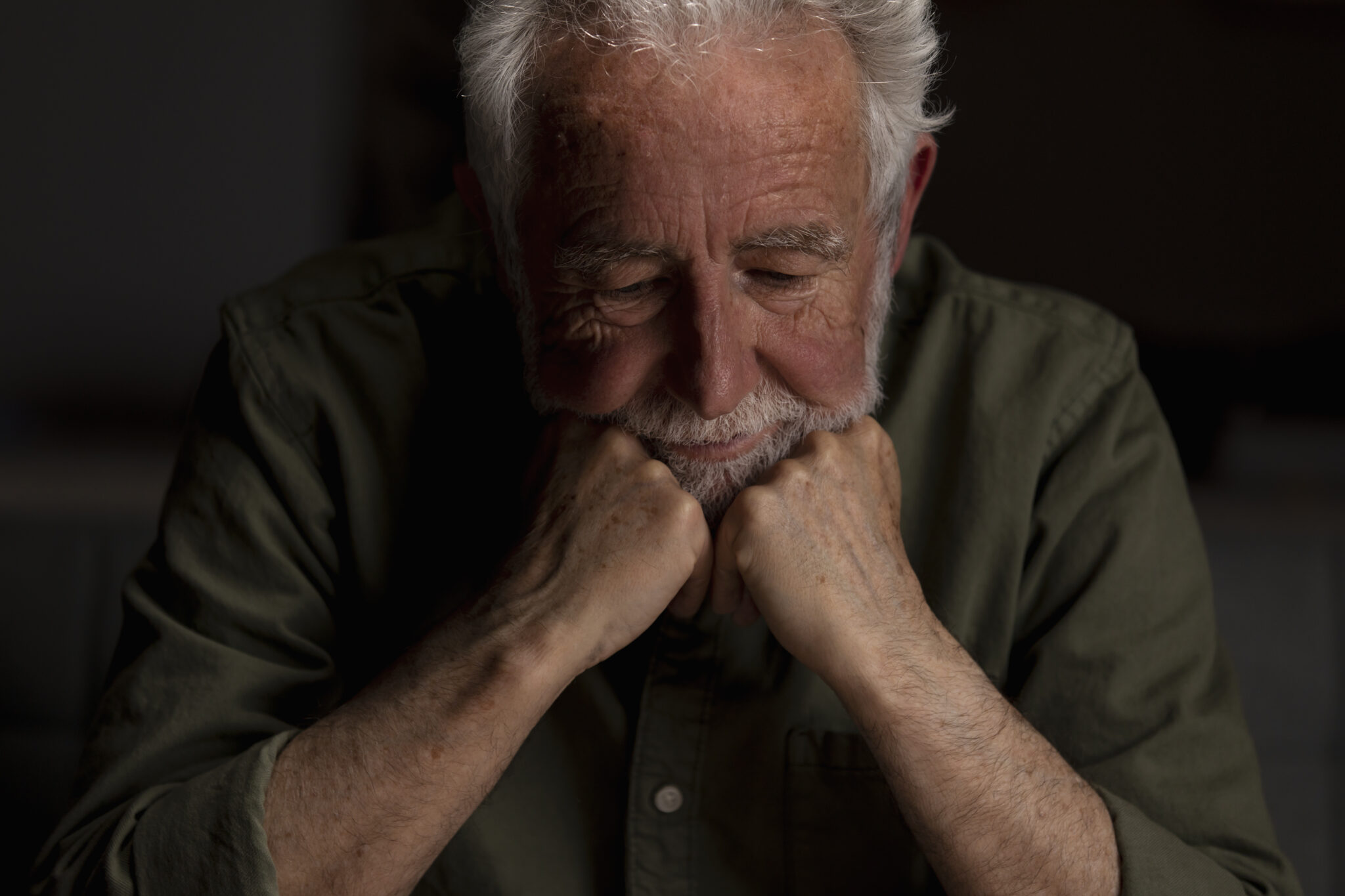Depression is an incredibly common mental illness, and it doesn’t discriminate. Anyone can develop depression, no matter their background, demographic, or situation. Older adults, from early retirees to the very elderly, are all just as susceptible to depression as anyone else, but it can sometimes be difficult to spot amongst the normal changes of aging. For instance, developing unexplained aches and pains can be a symptom of depression, but in an older adult, it’s hard to tell what pain is depression, what pain is medically relevant, and what pain is just age.
Depression is common, but that doesn’t mean it’s normal or should go untreated in older adults. Here are some of the most telltale signs to look out for when it comes to depression in senior citizens, or geriatric depression!
Persistent Low Mood
Frequent feelings of sadness, irritation, numbness, guilt, or hopelessness are the biggest and most characteristic symptoms of depression. This symptom is also one of the trickiest to identify, because some people can hide these feelings very well while others can’t. If you’re concerned that a loved one has depression, take a look back at some recent interactions and use your intuition. Did something feel off? Have they seemed more down than usual lately? If so, it’s worth keeping an eye out for other common symptoms as well.
Restlessness
In older adults, restlessness or agitation can be a sign that not everything is right with them mentally or emotionally. If your loved one can’t seem to sit still, is always harping on worrying about something, or seems frequently anxious, depression is a possible explanation.
Changes in Sleep and Eating Habits
It’s not unheard of for people’s sleep patterns and eating schedules to change as they age. Many older people wake up and go to bed early, and those jokes about the early bird special at restaurants don’t exist for no reason. However, drastic changes that seem very out of the norm should be a sign that something is up. If an older person that you love is suddenly eating and sleeping much more or much less, it’s possible that depression is affecting them.
Unexplained Loss of Interest in Things
One of the ways that depression deeply affects its sufferers is that the things that they once used to love will give them no happiness. If someone in your life has suddenly stopped taking part in their favorite activities for no apparent reason, or if they no longer seem to enjoy things they once loved, like family visits, it’s a major red flag that they may be suffering from depression.
Depression can be incredibly debilitating for people of all ages to deal with, but if an older person that you love is depressed, there are steps that can be taken to get them feeling better! Learn more about depression and its treatments here.

